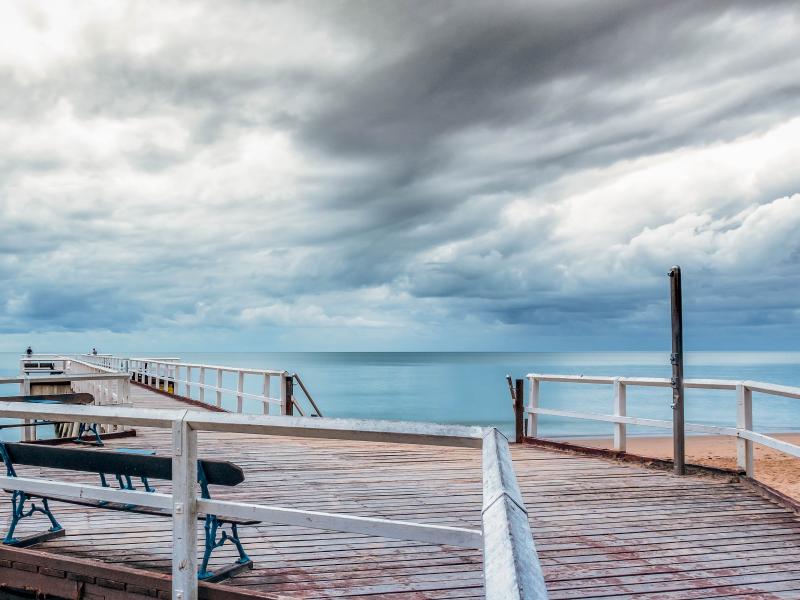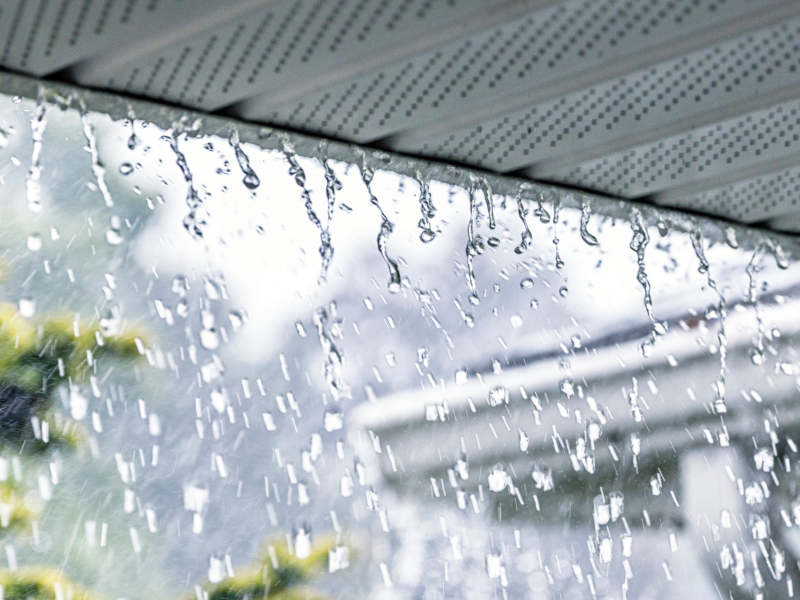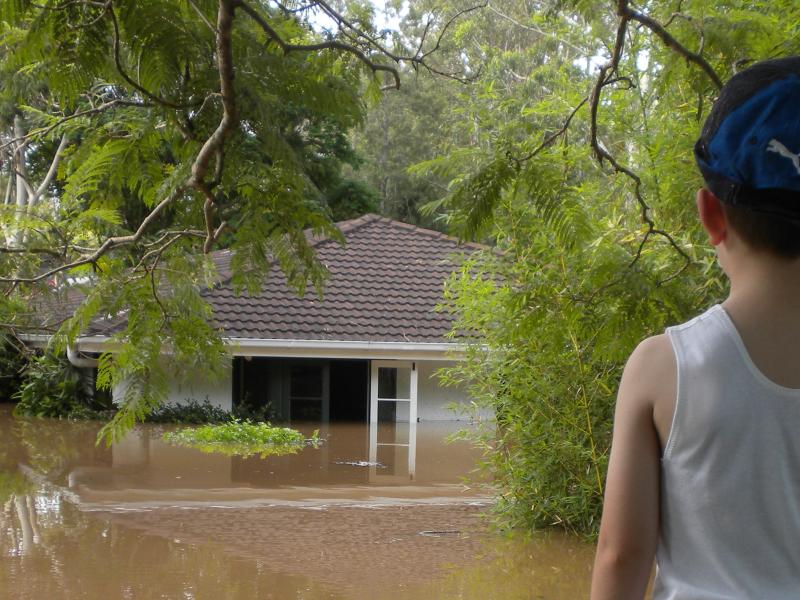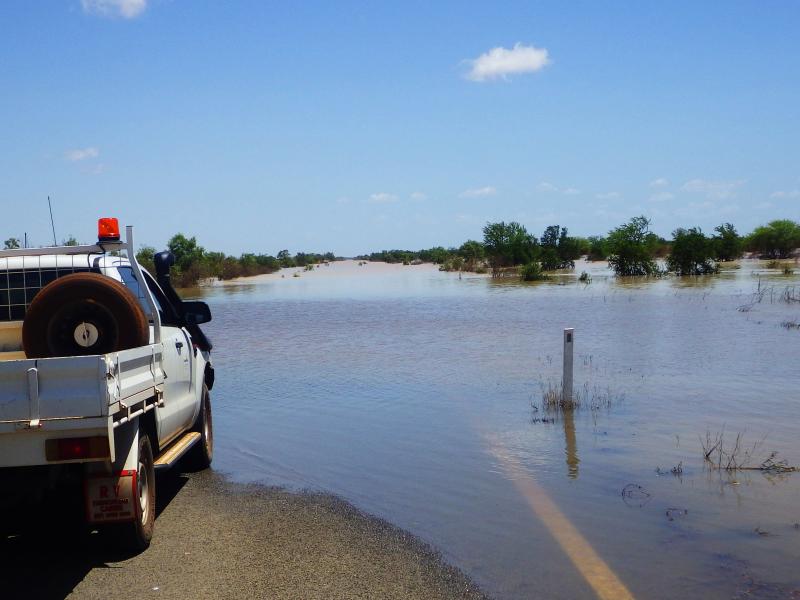People with disabilities are more likely to get hurt or cut-off from important services in a disaster compared to people without disability.
Follow these simple steps if you live with a disability or care for someone who does. Doing these easy tasks will help reduce the risk of danger during natural disasters.
Understand Your Risk
- Talk to support groups and your local council. They can tell you about what risks you might have. Learn more about dangerous weather here.
- Think about how prepared you are for these risks. Are you able to get the support you need when dangerous weather comes?
- Plan how to protect your home from the types of dangerous weather that could happen where you live. Here are some ideas.
Planning for Disaster With Disability
The best way to get ready for an emergency is to make a plan with people in your household and support networks.
- It is important to think about your lifestyle when planning. Natural disasters can happen at any time. Plan what you will do if you are at work or not in your home.
- Think about what you need if you don't have access to shops, the chemist or power (electricity). Do you have a kit or box with spare canned food, important medicines and battery powered lights you can use in an emergency? We have a list you can use to get ready.
- You might not be able to see any carers or support workers during or after a disaster. Think about what you will do if this happens.
Use this sheet to help plan what you will do in a disaster. It will have lots of things for you to think about. Planning with a family member, friend or can help you make hard decisions. After you finish the plan, keep a copy in a safe place.
Click this link to download the Person-Centred Emergency Preparedness plan.
The Person-Centred Emergency Preparedness plan is an initiative of:
- Queenslanders with Disability Network
- The University of Sydney
- The Queensland Government
- Queensland Government's Queensland Disaster Resilience Fund (QDRF)
- The Department of Communities
- Disability Services and Seniors.
Tell Carers Your Plan
If you need a carer or support worker, it is important to tell them what your plan is. By doing this, they will know how they can best help. Make a copy of your plan and send it to everyone that might need it. Tell them how they can best help when an emergency happens. You should also think about giving a plan to neighbours, family members and friends.
Preparing For Disaster With Disability
Prepare a kit with at least three days’ worth of supplies. This will come in handy if you are unable to leave home. Watch the video below to learn more about what you can do to prepare for disaster.
Your kit should have:
- Water and food to last for three days.
- First-aid kit with all the medicine you need for at least 1 week.
- Copies of important documents.
- A torch.
- A battery-powered radio with spare batteries.
- Things you need to help you such as glasses, hearing aids, communication devices, or walkers. You should also pack spare batteries for these if needed.
- List of emergency contacts. This could include doctors, physicians, pharmacists or support workers. Think about who you may need to contact when making this list.
- Toiletries including hand sanitiser, tissues, and face masks.
- Supplies for a pet or service animal. This includes food, water, ID, vet contact details and proof of vaccination.
- Any extra items needed to meet your personal needs.
Learn more about what you can pack in an emergency kit here.
Community Stories
Cairns Regional Council has been working with their deaf community. The goal of this is to find better ways to help deaf people get better information during a disaster.
They have worked to make emergency alerts that are more helpful to the deaf community. This will make sure that important information reaches this part of the community.
Sioux Campbell is from Cairns Regional Council. In the video below, she sat down with Sue Frank and Wayne Reynolds from Deaf Services Queensland. See how they have made disaster information more accessible for deaf people.
In Part 1, hear about the lessons learned from speaking with the deaf community. They talk about the needs of the deaf community and what has been working well. Indigenous community members with hearing impairments are also involved.
In Part 2, hear about some challenges deaf people are facing. The panel talks about how changing messages can help the deaf community. Learn about how this is happening in Cairns.








